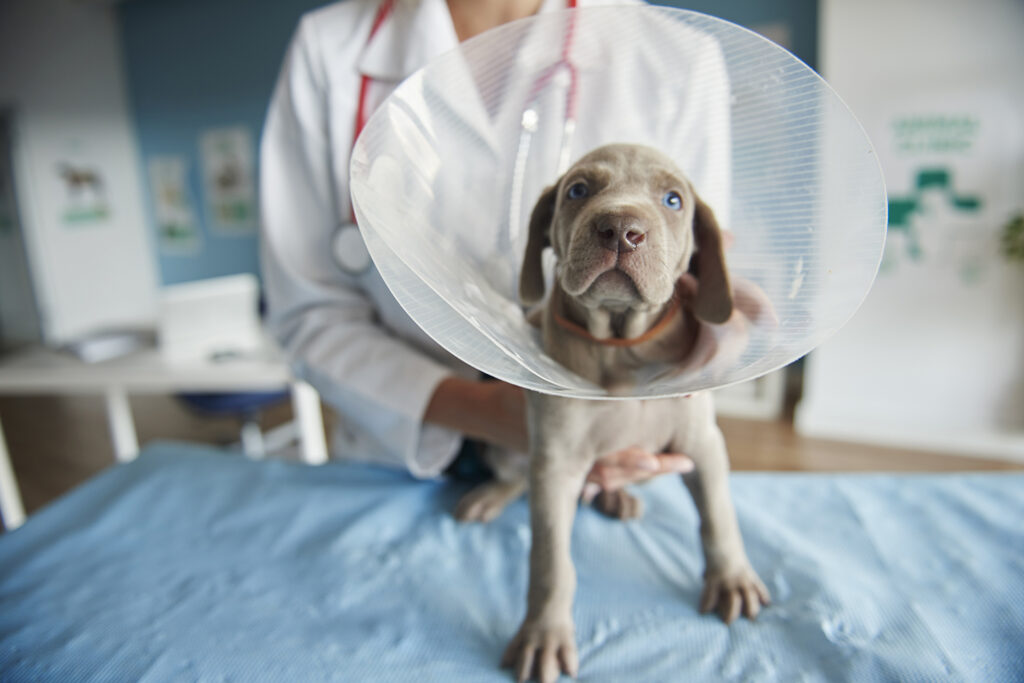After surgery, proper post-operative care is essential to ensure a smooth and successful recovery for your pets. In this comprehensive guide, we will cover all the steps of what you need to know to care for them during this critical time. Follow these guidelines carefully to provide your pets with the best care possible.
Choosing the appropriate location for recovery
A calm and comfortable environment is crucial to your pets’ recovery. Choose a place free from drafts, with a controlled temperature, away from noise and disturbances. Make sure your pets have easy access to water and that the area is easy to clean.
Medication administration
Strictly follow the medication plan provided by your veterinarian. Administer medications at the specified times and never skip a dose. If you have questions about medication, contact your veterinarian immediately.
Post-operative nutrition
Consult your veterinarian about the appropriate diet for your pets during recovery. Generally, it is recommended to offer light, easily digestible foods. Divide meals into smaller portions and see if your pets’ appetite is normal.
Vital signs monitoring
Regularly check your pets’ body temperature, heart rate and breathing. Write this information down and be alert for any warning signs, such as a persistent fever, irregular heartbeat, or difficulty breathing.
Controlled physical activity
Keep your pets at rest during recovery. Avoid intense physical activity and aggressive play. Instead, encourage mental enrichment with interactive toys and quiet games.
Incision care and dressings
Follow your veterinarian’s instructions regarding care of the surgical incision. Keep the area clean and dry. If there are bandages, change them as directed by your healthcare professional.
Possible signs of complications and when to seek immediate help
Be aware of signs that may indicate complications, such as excessive bleeding, abnormal swelling, persistent vomiting, or changes in mental status. If you notice any of these signs, contact your veterinarian immediately.


